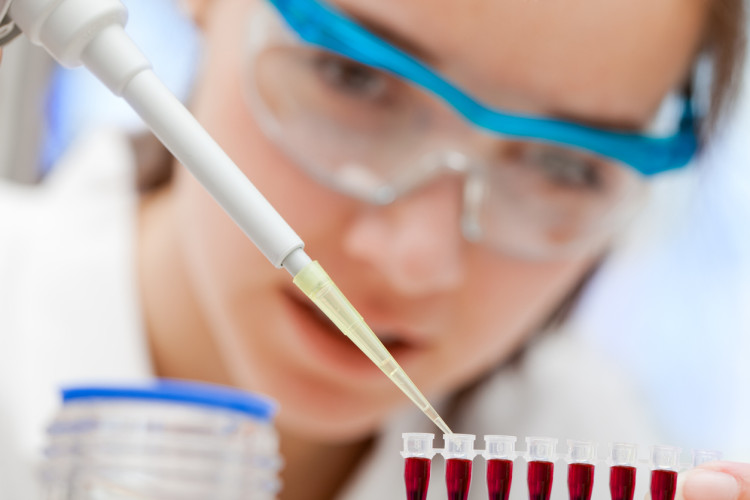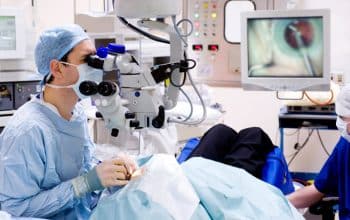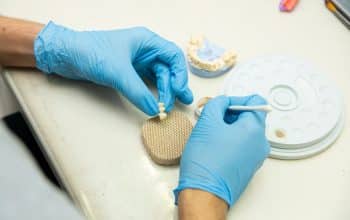SELECT THE WORDS & LEVEL
These days there are many situations where you may find that you need to prove a court case with DNA testing. Understandably, it tends to be one of those things that you don’t think about until it happens to you.
When these scenarios arise, they’re usually essential, and they need to be handled. Whether you need to submit an avuncular DNA test, you’re trying to prove paternity, maternity, or even a grandparent DNA test, and you want to know that the court will recognize the results.
You probably don’t want to use the first DNA testing near me result you find on Google. It’s better to opt for a national company that allows you to see locations in every state.
Private DNA Tests
Obviously, not every DNA test will be used in a court case. Technology has advanced such that people can now have private label DNA tests performed for many reasons. One could be establishing the identity of a long-lost relative or looking to have a twin zygosity DNA test performed before birth. You have to make an appointment, show up, and pay for the test. It’s quick and easy, and the results come in a few short days. Many people use private label DNA testing to prove paternity if the results are uncontested. A quick search of DNA testing near me should yield plenty of potential effects.
Legal DNA Tests
On the other hand, a legal DNA test must follow what is known as a verifiable chain of custody to be admissible in court. A verifiable chain of control is when a neutral third party administers the test and collects the DNA specimen, which will be submitted for testing. The identity of all involved parties is verified before the specimen is collected. Proper packaging, storage, and handling of the specimen is guaranteed throughout the process until results are rendered. The legal report of results is produced and considered admissible in a court of law in all fifty states. This is not the time to Google DNA testing near me. Legal DNA testing and its results are considered higher quality than other DNA testing.
At-Home DNA Tests
DNA tests performed at home are not admissible in a court of law due to the lack of a verifiable chain of custody. They can still tell paternity, ancestry, and even genetic data. These direct-to-consumer DNA tests can typically be purchased at the local drug store or big box retailer. You take them home, collect the samples, and then send the specimen for analysis. Most often, the results are available in a matter of days. At-home DNA tests can be fun and informative. They can shed light on certain personal genetic variations and risk factors. Unfortunately, they have a margin of error, and they can impact your life and long-term care insurance eligibility.
DNA Testing for Court Cases
When we think of DNA testing for court cases, we all likely hear the faint sound of a gavel in the distance from the beginning of Law & Order. DNA testing for court cases has a bit of a negative connotation because we almost always think of proving people guilty in a criminal case. In reality, DNA can establish paternity or other family ties, like grandparents, aunts, and siblings. DNA is also used in immigration cases to legally authenticate family to obtain an immigration visa.
Choosing Your DNA Testing Near Me Facility
DNA tests must be accredited to be admissible in a court of law, which means they must be collected and tested in a facility that has passed a rigorous inspection. Ideally, you’ll want to find a facility accredited by the American Association of Blood Banks (AABB), which is the highest benchmark for DNA testing laboratories. It won’t be the first one that pops up in your search results for DNA testing near me. The DNA testing facility you choose will likely have multiple locations for you to choose from. If you have a court-ordered DNA test, you may or may not be able to choose which facility you test in.




